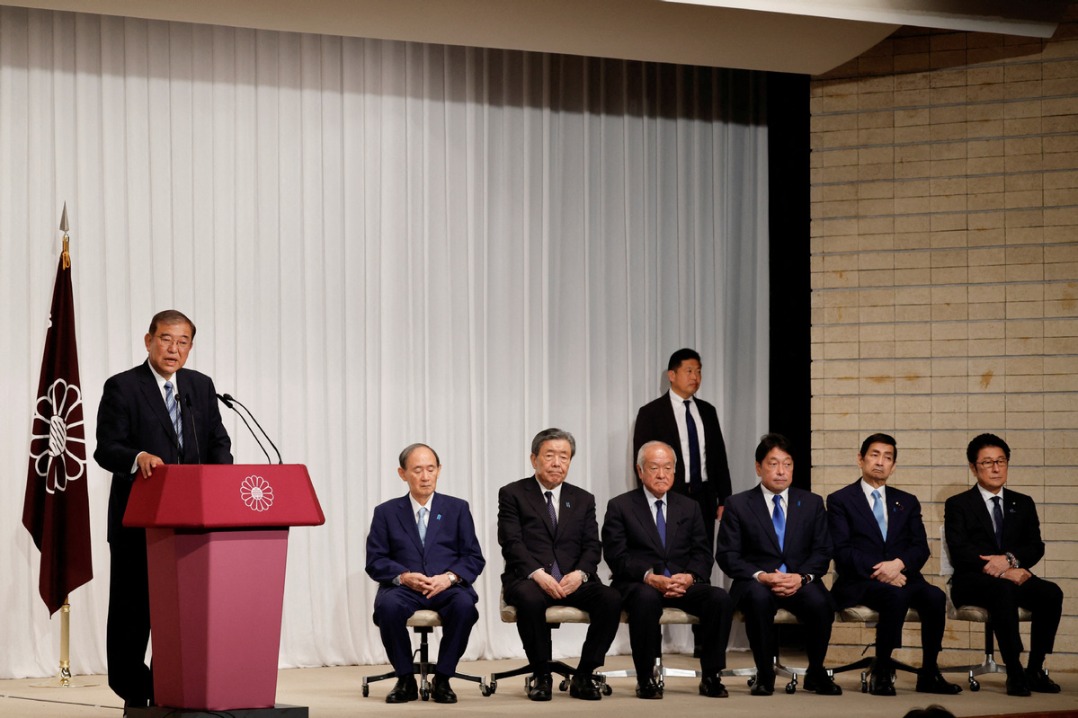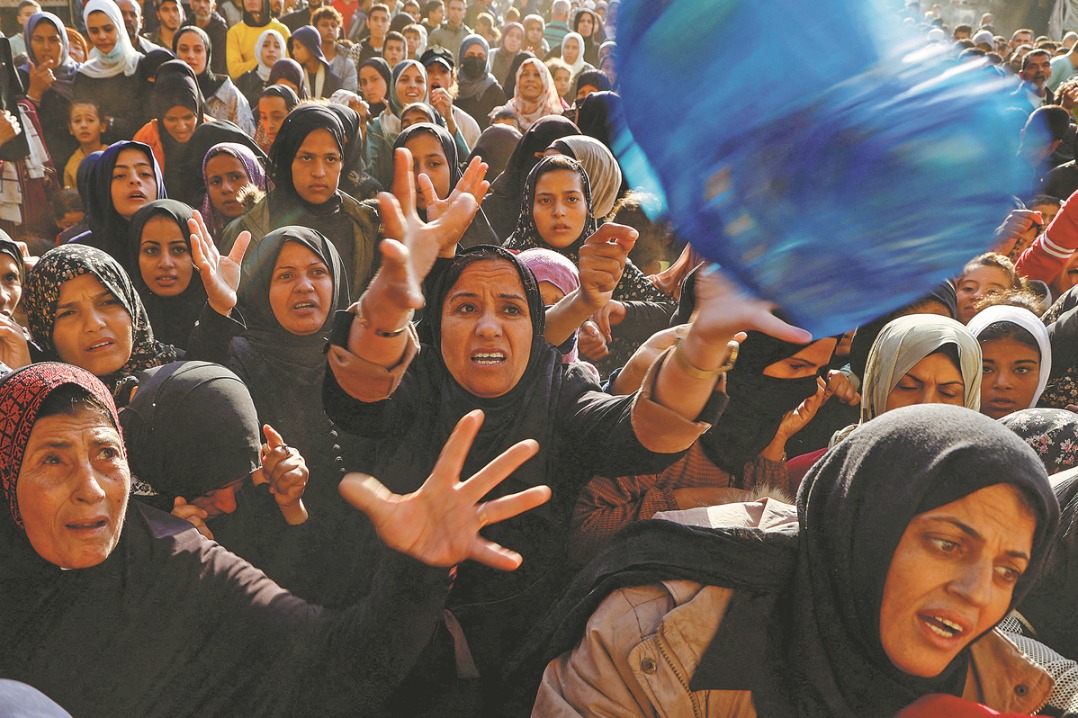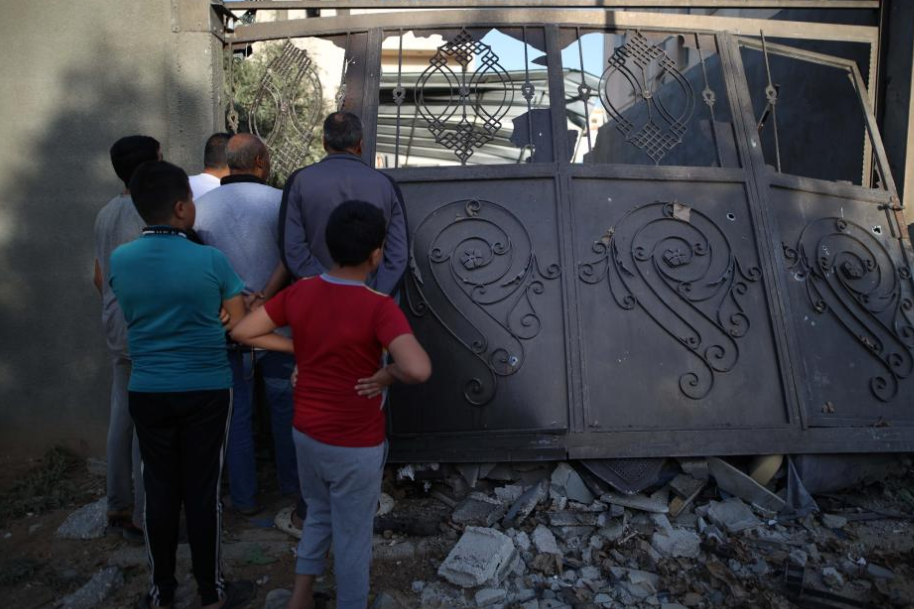More terminally ill South Korean patients choosing to end life with dignity

The number of terminally ill patients in South Korea choosing to discontinue life-sustaining medical treatment has been steadily rising, surpassing 70,000 cases last year alone.
According to data provided by Kim Mi-ae, representative of the South Korean National Assembly's Health and Welfare Committee, 77,720 patients chose to withdraw from life-prolonging medical interventions in 2023, reflecting a significant increase over the past five years.
The trend has shown consistent growth, with the number of patients opting out of treatment rising from 48,238 in 2019 to 54,942 in 2020, followed by 57,511 in 2021, and 63,921 in 2022.
The figures also reveal a shift toward patient self-determination. In 2023, 45 percent of patients made the decision themselves, compared to 35.6 percent five years ago.
Under South Korean law, specific steps are required for discontinuing life-sustaining treatment. A physician must first confirm that the patient is at the end of life, and either the patient or family members must express a desire to stop treatment.
The decision can be formalized through several means: an advance directive completed by the patient, a care plan prepared by the physician per the patient's wishes, a statement from two or more family members, or a consensus reached by all family members.
Legislative issue
Lee Myung-shik, 63, is paralyzed from the waist down as a result of acute myelitis, a condition he developed after retiring from his public service job in 2019.
Unable to perform basic bodily functions independently, he requires the constant use of a urinary catheter and the assistance of his daughter to manually remove stool from his rectum.
"Some nerves remain intact, causing me to continually experience excruciating pain. Painkillers don't help. I just have to endure it," he said.
What frustrated him most was that his life was not going to fade away anytime soon. He is not "terminally ill" so it is illegal for doctors and relatives to assist him to die with dignity.
In December 2023, Lee set out to challenge the local laws that do not allow for assisted death. He filed a petition to the Constitutional Court of South Korea to review the constitutionality of the laws that limit one's right to die with dignity and penalize all forms of assisted suicide.
Prior to a milestone ruling in May 2009, South Korea compelled doctors to persist in treating patients who have entered the dying process, regardless of the futility of the effort or prolongation of suffering. The removal of life-sustaining devices could lead to criminal charges against those involved.
The 2009 decision by the Supreme Court of South Korea to allow the removal of life-sustaining devices from an elderly patient in a vegetative state led to years of discussions around the concept of a "well-dying bill".
In February 2018, these efforts culminated in the implementation of the Act On Hospice And Palliative Care And Decisions On Life-Sustaining Treatment For Patients At The End Of Life, which allows individuals to refuse or discontinue treatments when "death is imminent".
As of 2024, South Korea's position on end-of-life choices remains unchanged, with no further advancements beyond the 2018 legislation.
In 2022, an opposition lawmaker campaigned for an amendment of that law to allow "medically assisted" deaths.
The bill, drafted and submitted by Ahn Gyu-back of the Democratic Party of Korea, was shelved and has not made any progress in the legislative process.
Lee, the myelitis patient, had taken the strongest painkiller available to be able to speak, in his interview with The Korea Herald, for his right to live and die in dignity.
He expressed mixed feelings concerning his daughter, who has put her social life and career on hold to care for him.
But the more overwhelming feeling, he said, is misery stemming from his inability to control his life and the uncertainty of when his suffering will end.
"Advocates of life's sanctity say life is precious and that I must endure the pain until I die," he said. "But enduring not knowing when this will end is painful."
THE KOREA HERALD, SOUTH KOREA
































